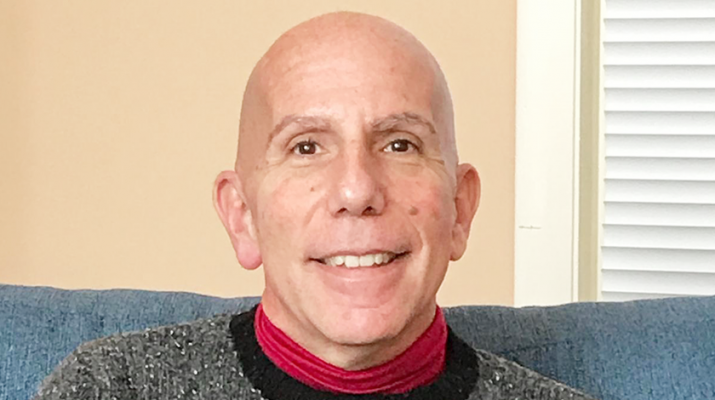Practitioners say technique helps the mind change behavior rooted at the heart of the addiction
By Deborah Jeanne Sergeant
Addiction isn’t easy to break.
“Over 20 million Americans over the age of 12 have an addiction, excluding tobacco,” according to AddictionCenter (www.addictioncenter.com).
The site further states that “100 people die every day from drug overdoses. This rate has tripled in the past 20 years.”
Among the many types of assistance available, hypnosis has been shown to help people change their ways by simply listening to a few hypnosis downloads mp3 audios.
“Hypnosis helps take the struggle out of making change,” said Linda Gilmore, certified hypnotist, certified instructor in hypnosis and certified hypno-coach at Balanced Life Hypnosis in Liverpool. “It’s more effortless.”
Gilmore said that the cause of addiction is a person’s unhealthy means of dealing with overwhelming depression and anxiety. She explained that it often helps to discuss why they want to quit smoking, for example, triggers for their unwanted behavior, and also what gets in the way of them becoming their “future self” that’s free from the habit. To overcome this situation, it is advisable to undergo hypnotherapy sessions to help you free yourself from all the worries and achieve peace of mind.
She mentioned about what happens when you quit smoking using hypnotherapy and gave some encouragement by providing a list of changes to ones body will make if and when you decide to stop smoking. She also works on some inter-related topics such as stress management, dealing with anxious feelings and confidence.
Addictive substances like nicotine can trigger the pleasure area of the brain, which induces the person to repeat using the substance to bring more pleasure and relief from emotional pain. This Addiction Therapy Near Me can help you avoid and quit from any substances addiction.
By tapping into the reason clients had initially chosen their now unwanted behavior over healthy coping mechanisms, Gilmore said she can help them achieve better success as they follow their health care provider’s direction.
For some people, simply working on the level of the conscious mind isn’t as effective. Using hypnosis, in addition to other therapy techniques, achieves the best results, according to Gilmore.
Hypnosis is not a matter of placing people in a trance and they wake up transformed. Clients are aware of the interaction, but in a relaxed state of internal focus in which they can explore what prevents them from doing what they need to do.
“Someone has to be 100 percent motivated to make any change,” said Jim Feinberg, licensed clinical social worker and certified clinical hypnotherapist in private practice in Syracuse. “Hypnosis lends to that framework. Hypnosis is a relaxation technique used to induce suggestions in the unconscious mind to change deeply rooted behavior as the heart of the addiction.”
Feinberg added that it aids in mitigating symptoms of withdrawal and therefore reinforces the person’s commitment to sobriety. Clients can rebuild their emotional strength and gain control over their behavior.
In his first session, he gathers history on the client. He learns about the addiction, the client’s resources and support, and how hypnotherapy works.
“Typically, someone is lying down on my couch,” he said. “They’re in a very relaxed state, just as when they’re about to fall asleep. They’re cognizant of my voice. I take them on a guided imagery tailored to their experience.”
The session can last 45 minutes to an hour. Then he and the client talk about it afterwards. The clients may write down things
they thought about and how they feel. At a later date, Feinberg may have a typical talk therapy session.
“We then talk about how they were feeling and if they were able to cut down use,” he said.
Results usually don’t happen overnight. Feinberg said clients typically reduce use until they break the habit. He feels that helps them lessen the effects and make quitting easier than going cold turkey.
Occasionally, clients can succeed after one session; however, for most, one to two sessions weekly for a few months augments the other help they receive, such as drug counseling or nicotine patches.
Clients should follow their doctor’s advice while undergoing hypnotherapy.
Hypnotherapy rates range from around $105 to $150 per session, depending upon the therapist. It’s usually not covered by health insurance.

